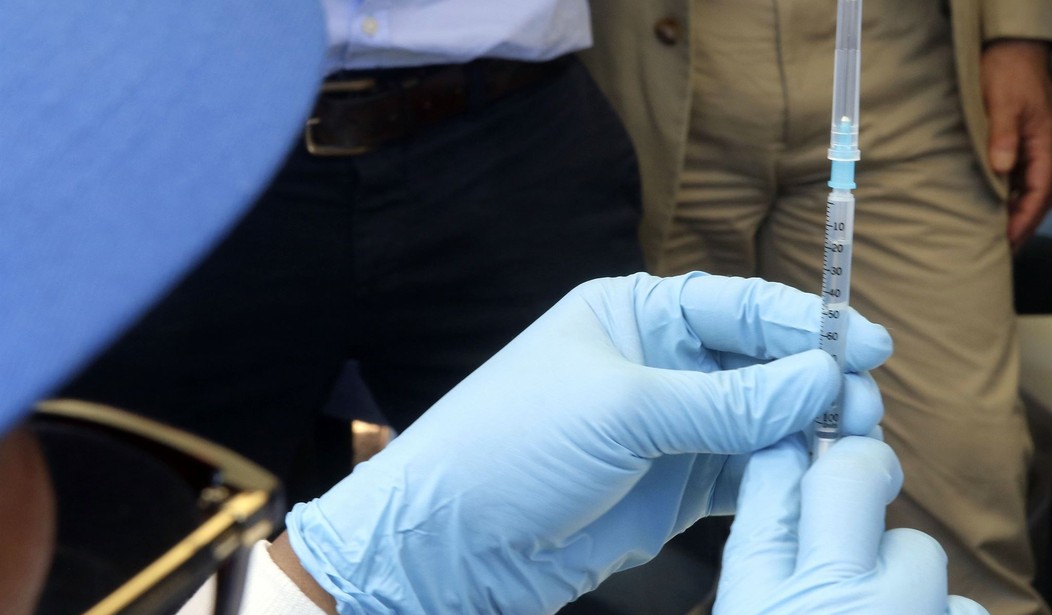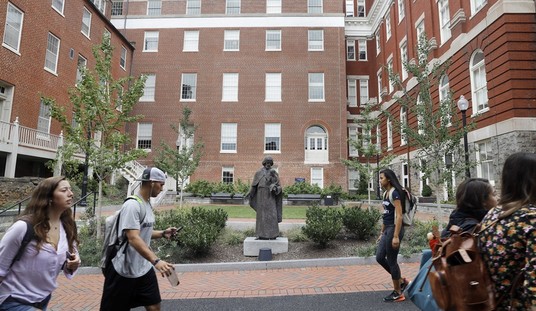Drugmaker AstraZeneca announced that the vaccine trial they were conducting with Oxford University has been put on hold in order to review safety data following one of the trial patients becoming ill. The company didn’t release any information about what the adverse reaction was, but said the patient was recovering. It’s also possible that the patient’s illness could be unrelated to the vaccine.
This is unusual but not unheard of, and holds are fairly common. With 20,000 participants, there were bound to be a couple of patients who had a reaction to the vaccine.
But the timetable to approve the vaccine may slip.
An individual familiar with the development said researchers had been told the hold was placed on the trial out of “an abundance of caution.” A second individual familiar with the matter, who also spoke on condition of anonymity, said the finding is having an impact on other AstraZeneca vaccine trials underway — as well as on the clinical trials being conducted by other vaccine manufacturers.
Clinical holds are not uncommon, and it’s unclear how long AstraZeneca’s might last. But the progress of the company’s trial — and those of all Covid-19 vaccines in development — are being closely watched given the pressing need for new ways to curb the global pandemic. There are currently nine vaccine candidates in Phase 3 trials. AstraZeneca’s is the first Phase 3 Covid-19 vaccine trial known to have been put on hold.
Other test sites have also placed a hold on the trials.
The trials were also halted in Brazil, according to a statement from the Federal University of São Paulo, which is coordinating the trials in the country.
Dr. Charlie Weller, Head of Vaccines Programme at the U.K.’s Wellcome Trust foundation, which is supporting the research, said safety was “the most important consideration when developing any vaccine, and it is right for the trial to be paused while an investigation takes place.”
She said that it was “often a normal part of the process in vaccine trials, which involve tens of thousands of people,” adding that vaccines were “among the most rigorously tested and monitored products we have in society, and the Covid-19 vaccines should be no different.”
Out of the nine vaccines being tested, the AstraZeneca vaccine showed the most promise in early trials. It’s hard to say whether the hold will set back the end-of-the-year timetable the company was projecting for mass production. It may be the kind of vaccine that they’re creating.
It uses a modified chimpanzee adenovirus, altered to make it harmless to people, that carries a gene for one of the proteins in SARS-CoV-2, the virus that causes covid-19. The adenovirus is designed to provoke the immune system to create a protective response against the coronavirus. An earlier trial of the vaccine reported that 60% of the 1,000 participants experienced side effects, including fever, headaches, and muscle pain, but they were all mild and subsided shortly.
It’s a good trick to make any substance that goes into the human body safe and effective. “Provoking” the immune system always has unknown consequences because it may provoke or trigger something else. That’s why these trials usually take years.
Given liability laws and government regulation, companies are going out on a limb bringing this vaccine to market after just a few months of testing. But the need is great and many people will take the risk of being inoculated even if there are still questions when it comes to the market.










Join the conversation as a VIP Member